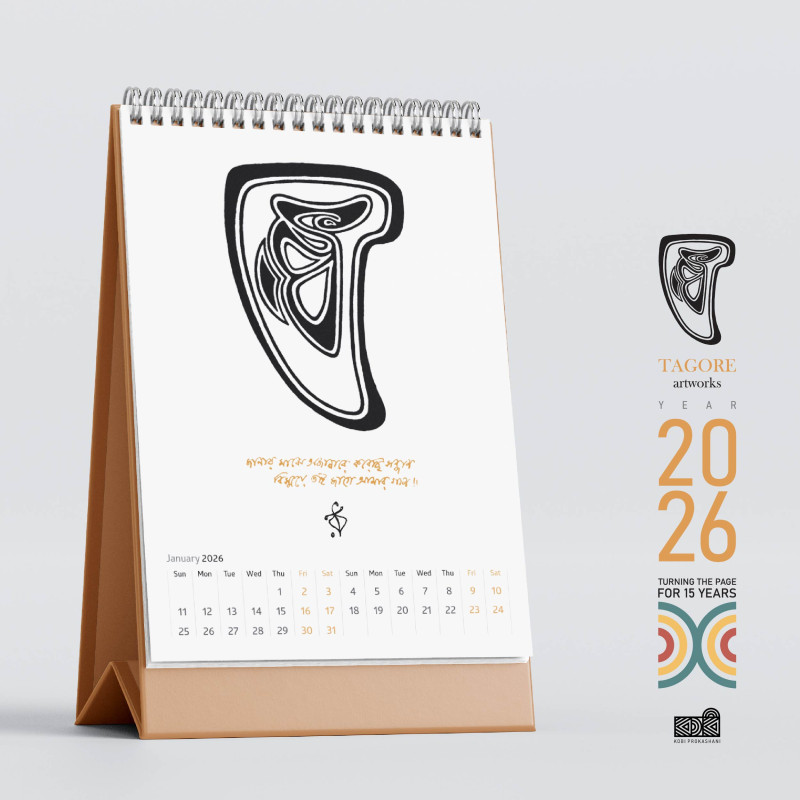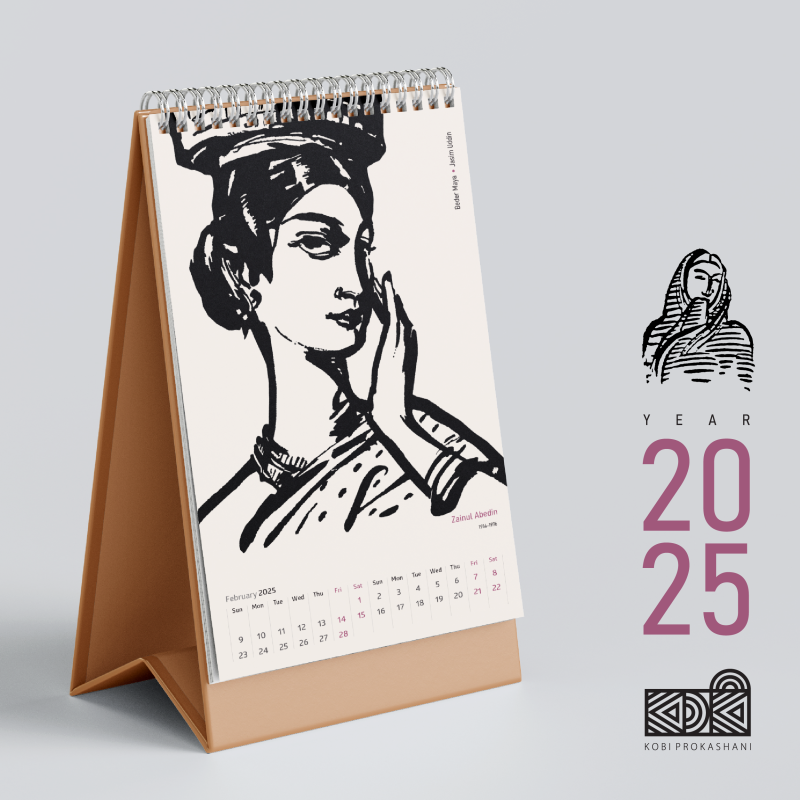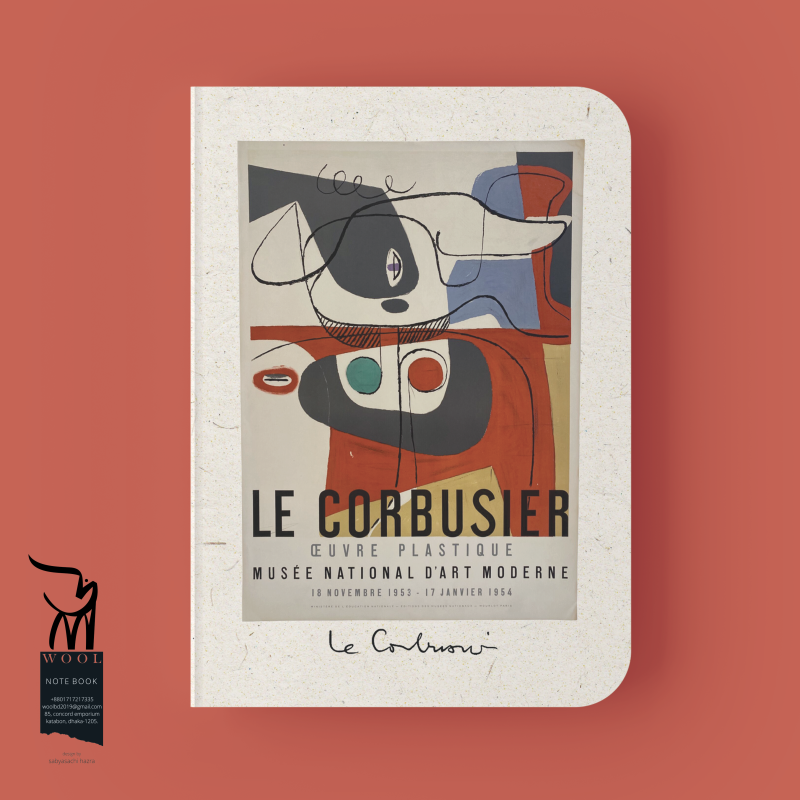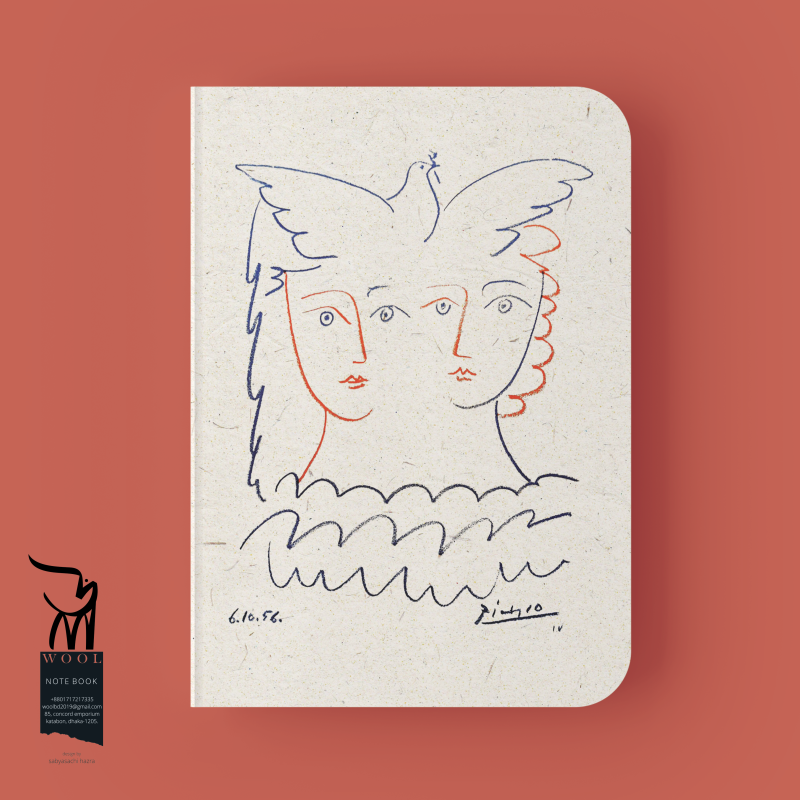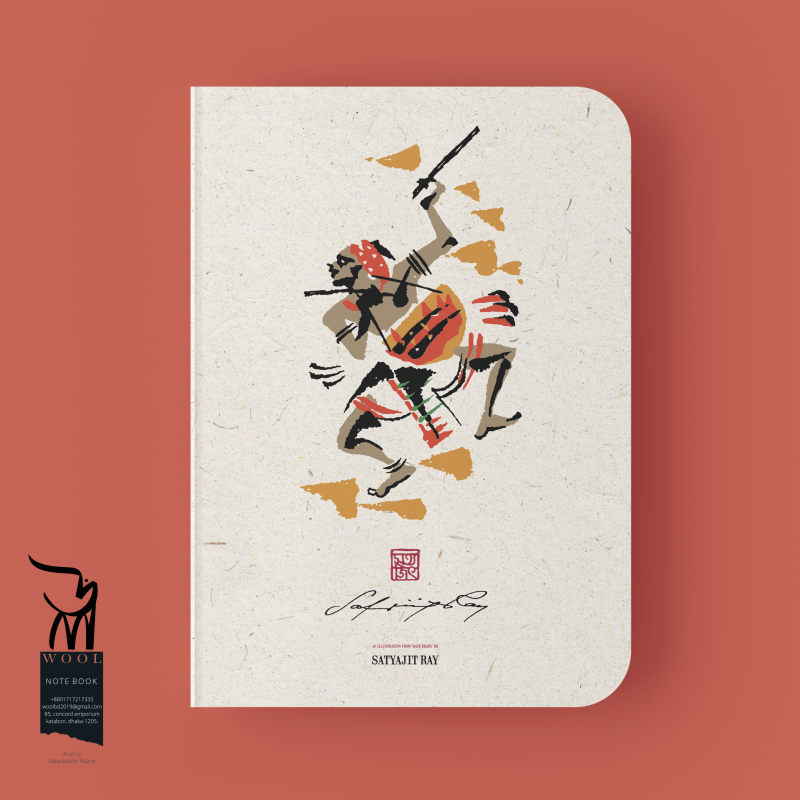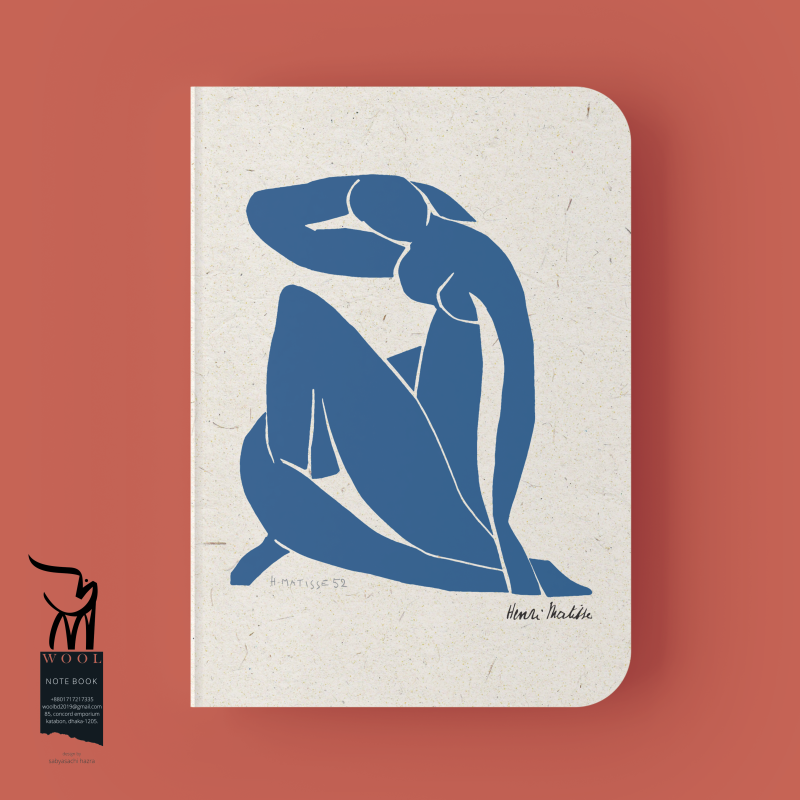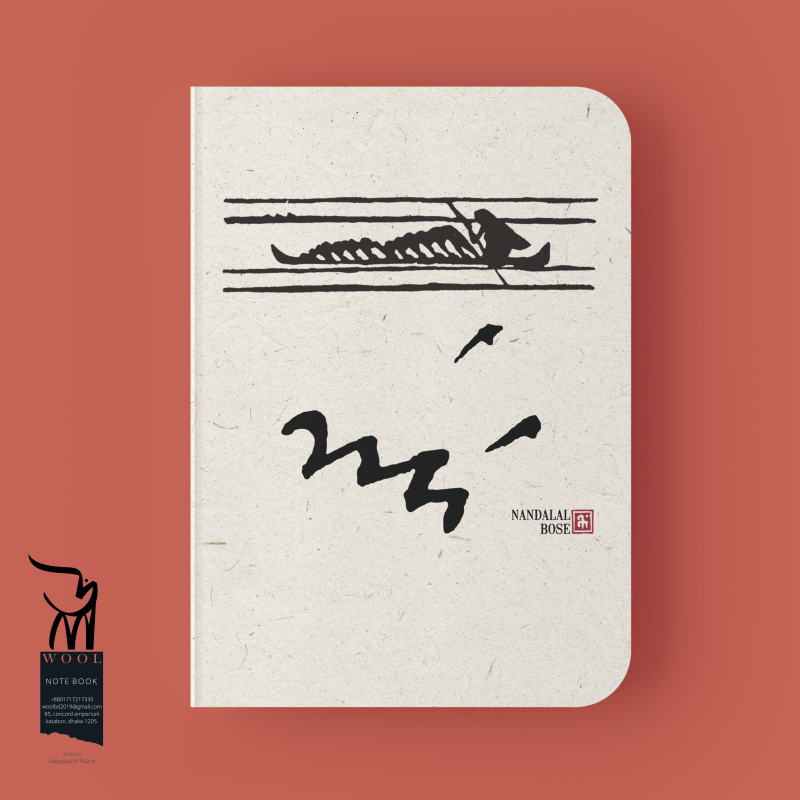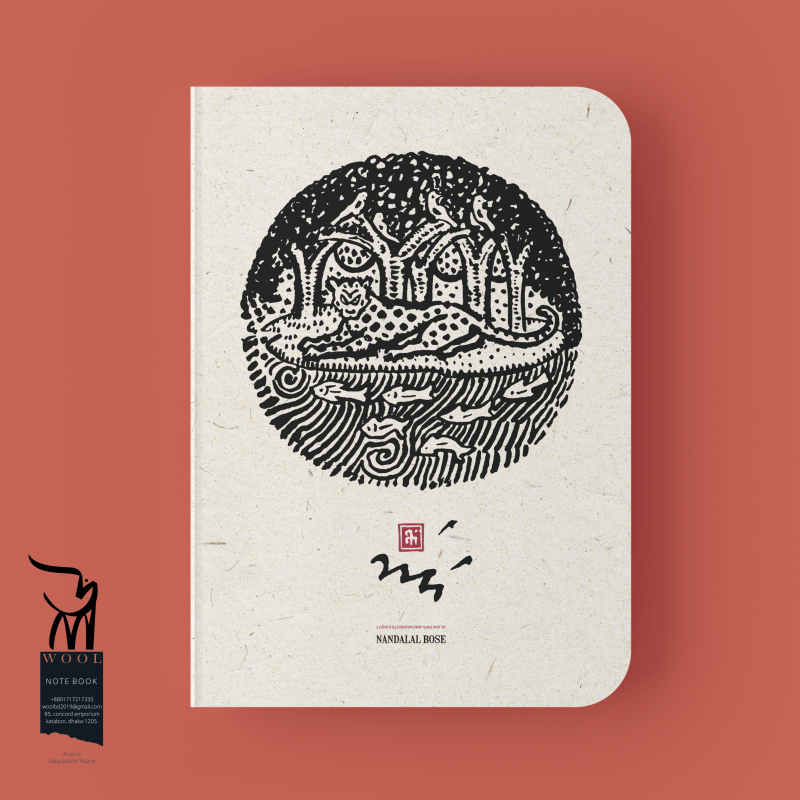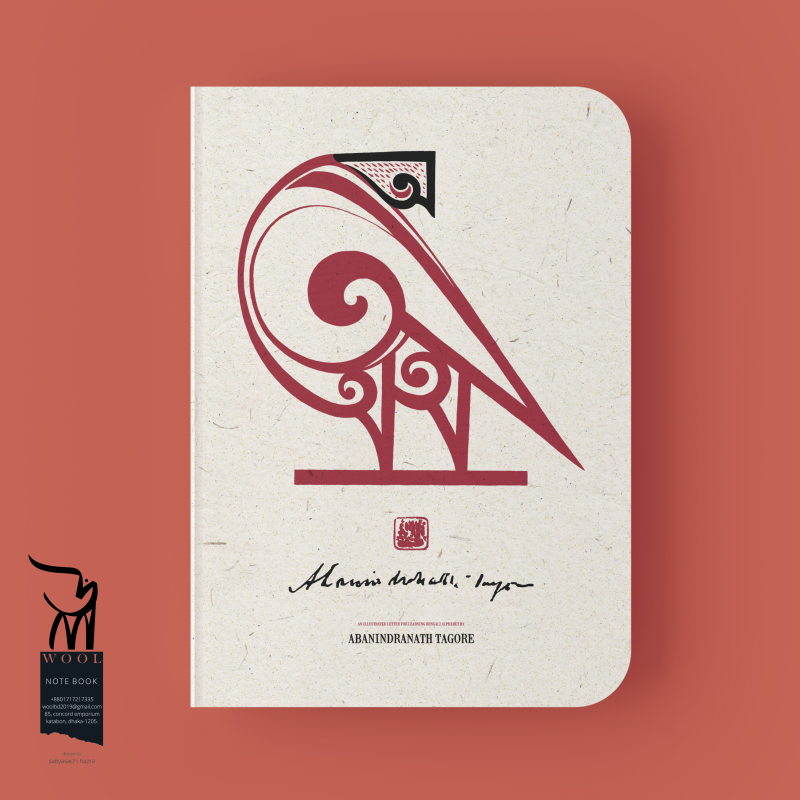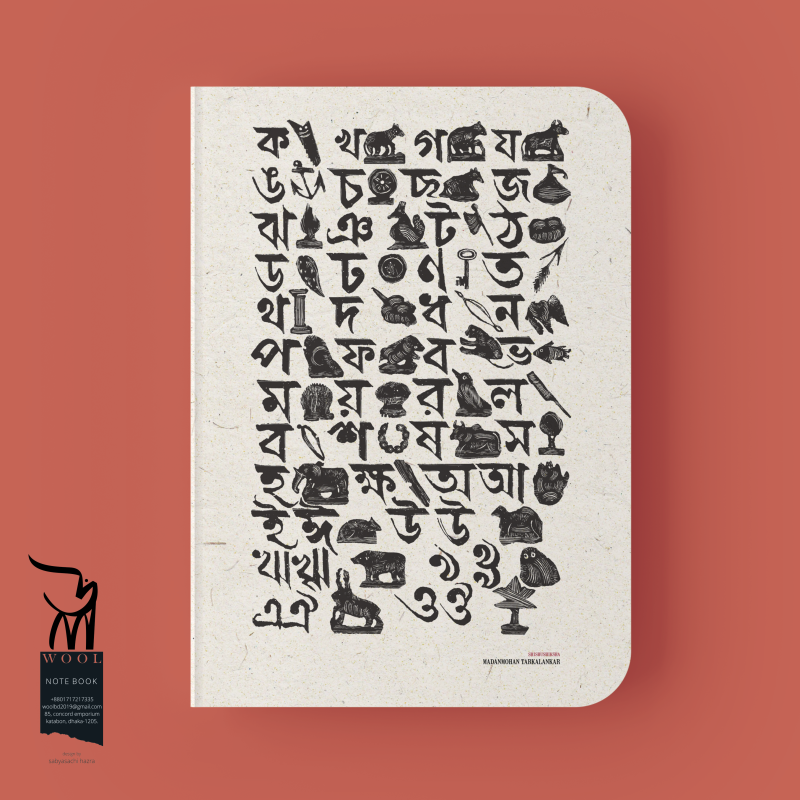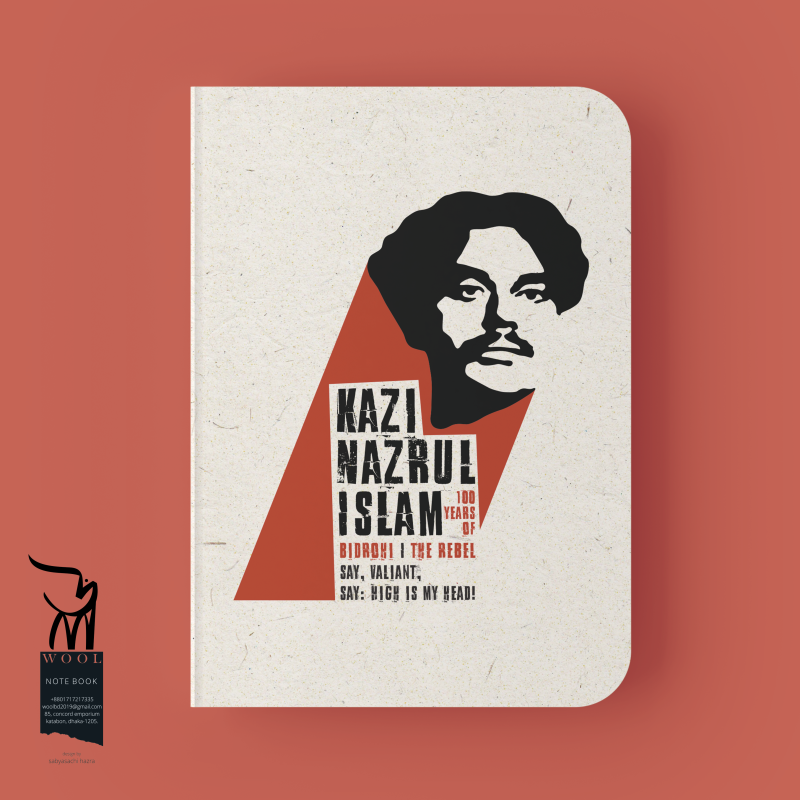

Kazi Nazrul Islam । Note Book
Inhouse production
The first major Bengali poet to have come from the rural proletariat and the first one to have raised—in public—the demand for the total independence of colonial India, Kazi Nazrul Islam (1899-1976) enacts insurrectionary ruptures and breaks with certain old traditions in Bengali poetry while inaugurating new ones. Because of his explosively anti-colonial poem like "Bidrohi" (The Rebel, 1921), which are characterised by unprecedented rhetorical, linguistic, and even metrical energy as well as by thematic and structural novelties, it is customary to call Nazrul a "rebel poet." Although a poet in the first place, Nazrul was also a musician-composer-songwriter, short story writer, novelist, playwright, and essayist. A hardcore activist, Nazrul—along with his comrades—even founded and led a short-lived political party (the Labour-Swaraj Party) by writing a revolutionary manifesto on its behalf.
| Note Book Name : | Kazi Nazrul Islam । Note Book |
| Designer : | সব্যসাচী হাজরা |
| Cover | 300 gsm art card with 4 color Print, Matte Lamination, Die Cut |
| Inner Paper | 100 gsm Offset Paper with One Color Doted Print |
| Total Page | 96 |
| Made By |
-

সব্যসাচী হাজরা
Sabyasachi Hazra did his bachelor's and master's degrees in Fine Arts (Drawing and Painting) from the Institute of Fine Arts of the University of Dhaka. A prolific illustrator. with around 3,000 book cover designs under his belt, Sabyasachi has worked as the creative director for several dailies and weeklies.

